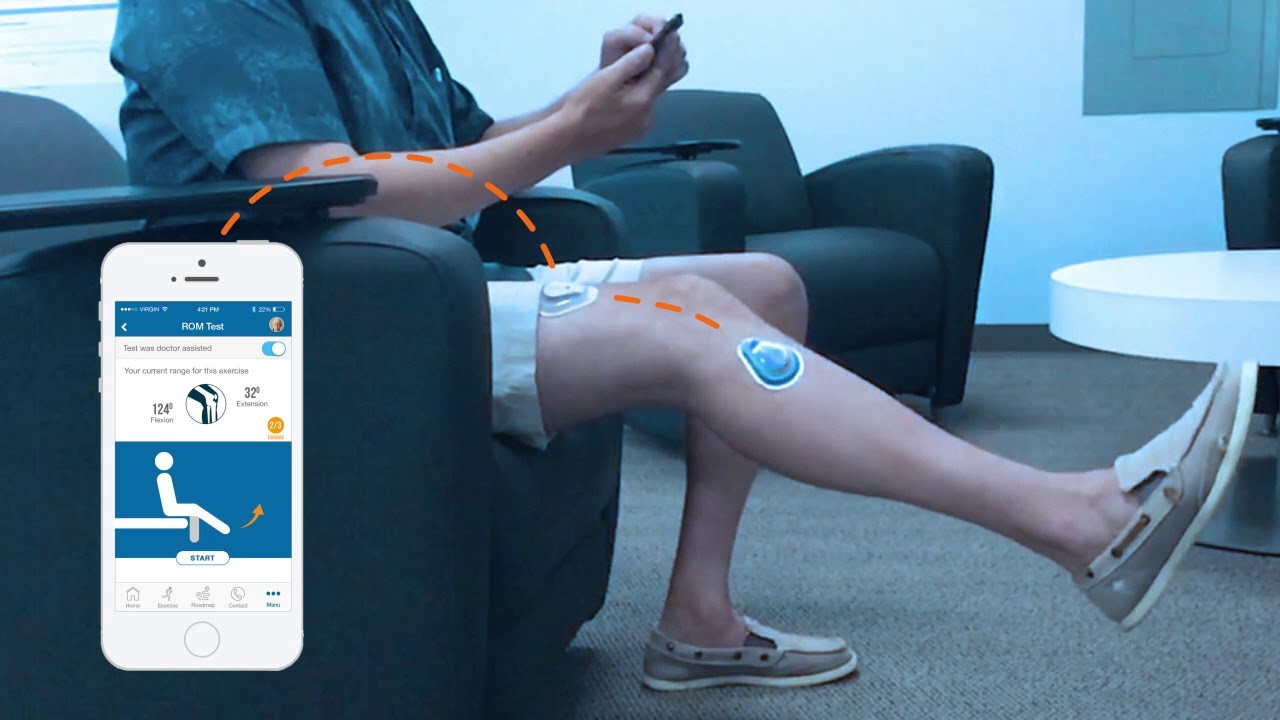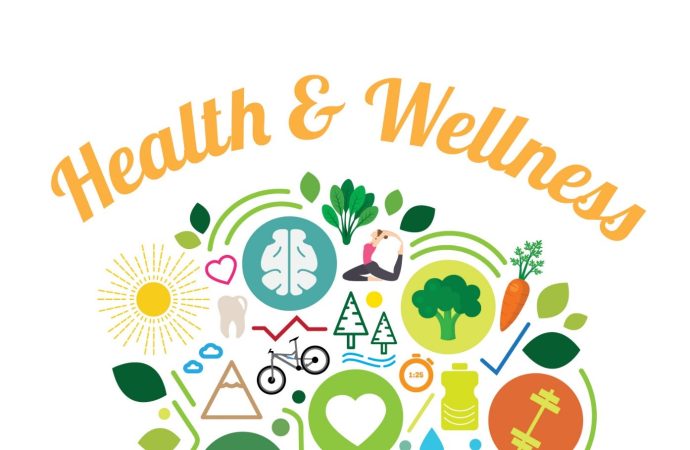In the dynamic landscape of health and wellness, emerging health technologies are playing a pivotal role in transforming how we approach medical care, fitness, and overall well-being. From artificial intelligence (AI) to wearable devices, these innovations are not only enhancing the quality of care but also making it more accessible and personalized. This article delves
In the dynamic landscape of health and wellness, emerging health technologies are playing a pivotal role in transforming how we approach medical care, fitness, and overall well-being. From artificial intelligence (AI) to wearable devices, these innovations are not only enhancing the quality of care but also making it more accessible and personalized. This article delves into some of the most promising emerging health technologies that are set to revolutionize the industry.
Artificial Intelligence and Machine Learning
Artificial Intelligence (AI) and Machine Learning (ML) are at the forefront of emerging health technologies. These technologies are being leveraged to analyze vast amounts of data quickly and accurately, enabling healthcare providers to make more informed decisions.
Applications in Diagnostics
AI algorithms can analyze medical images, such as X-rays and MRIs, to detect abnormalities with remarkable accuracy. For instance, Google’s DeepMind has developed an AI system that can diagnose eye diseases as effectively as world-leading experts. Similarly, IBM’s Watson Health is being used to assist in cancer diagnosis and treatment planning by analyzing medical literature and patient data.
Predictive Analytics
Machine Learning models are also being used for predictive analytics in healthcare. These models can predict patient outcomes based on historical data, helping healthcare providers to intervene early and improve patient care. For example, predictive analytics can identify patients at high risk of developing chronic conditions like diabetes or heart disease, allowing for timely intervention and management.
Telemedicine and Telehealth
The COVID-19 pandemic has accelerated the adoption of telemedicine and telehealth services, making them one of the most significant emerging health technologies. These services enable healthcare providers to offer remote consultations, reducing the need for in-person visits and making healthcare more accessible.
Virtual Consultations
Virtual consultations allow patients to connect with healthcare providers through video calls, phone calls, or chat platforms. This is particularly beneficial for individuals living in remote areas or those with mobility issues. Telemedicine platforms like Teladoc and Amwell have seen a surge in usage, providing patients with convenient access to medical care.
Remote Monitoring
Telehealth also includes remote monitoring of patients with chronic conditions. Wearable devices and home monitoring systems can track vital signs such as blood pressure, glucose levels, and heart rate. This data is then transmitted to healthcare providers, enabling them to monitor patients’ health in real-time and make necessary adjustments to treatment plans.

Picture by: Yandex.com
Wearable Health Devices
Wearable health devices are another exciting development in emerging health technologies. These devices, which include fitness trackers, smartwatches, and even smart clothing, are designed to monitor various aspects of health and wellness.
Fitness and Activity Tracking
Devices like Fitbit and Apple Watch are equipped with sensors that track physical activity, heart rate, and sleep patterns. These wearables provide users with valuable insights into their fitness levels and overall health, encouraging them to adopt healthier lifestyles.
Medical Monitoring
In addition to fitness tracking, wearable devices are increasingly being used for medical monitoring. For example, continuous glucose monitors (CGMs) like the Dexcom G6 allow individuals with diabetes to track their blood sugar levels in real-time. Similarly, wearable ECG monitors can detect irregular heart rhythms, alerting users to potential cardiac issues.
Personalized Medicine
Personalized medicine, also known as precision medicine, is an emerging health technology that tailors medical treatment to the individual characteristics of each patient. This approach takes into account factors such as genetics, lifestyle, and environment to develop more effective treatment plans.
Genomic Sequencing
Genomic sequencing is a key component of personalized medicine. By analyzing a patient’s genetic makeup, healthcare providers can identify genetic mutations that may increase the risk of certain diseases. Companies like 23andMe and AncestryDNA offer direct-to-consumer genetic testing, providing individuals with insights into their genetic predispositions.
Targeted Therapies
Personalized medicine also involves the development of targeted therapies. These treatments are designed to target specific genetic mutations or molecular pathways involved in a disease. For example, targeted therapies are being used to treat certain types of cancer, such as HER2-positive breast cancer, by specifically targeting the HER2 protein.
Virtual Reality and Augmented Reality
Virtual Reality (VR) and Augmented Reality (AR) are emerging health technologies with a wide range of applications in healthcare and wellness. These immersive technologies are being used for everything from medical training to pain management.
Medical Training and Education
VR and AR are transforming medical training by providing realistic, immersive simulations. Medical students and professionals can practice surgical procedures and other medical interventions in a virtual environment, enhancing their skills and confidence. Platforms like Osso VR offer a range of surgical training modules, allowing users to practice in a risk-free setting.
Pain Management and Rehabilitation
VR is also being used as a tool for pain management and rehabilitation. Virtual reality experiences can distract patients from pain and discomfort, making it a valuable tool for managing chronic pain and anxiety. Additionally, VR-based rehabilitation programs can help patients recover from injuries by providing engaging, interactive exercises.
Blockchain Technology
Blockchain technology, best known for its role in cryptocurrency, is also emerging as a valuable tool in healthcare. Blockchain offers a secure and transparent way to manage and share medical data, addressing many of the challenges associated with data privacy and interoperability.
Secure Medical Records
One of the primary applications of blockchain in healthcare is the secure management of medical records. Blockchain can create a decentralized, immutable ledger of medical data, ensuring that patient records are accurate, up-to-date, and accessible only to authorized individuals. This can improve the efficiency of data sharing between healthcare providers and reduce the risk of data breaches.
Drug Traceability
Blockchain is also being used to enhance the traceability of pharmaceuticals. By recording each step of the drug supply chain on a blockchain, it becomes easier to verify the authenticity of medications and prevent counterfeit drugs from entering the market. This can improve patient safety and ensure the integrity of the pharmaceutical supply chain.
Conclusion
The rapid advancement of emerging health technologies is transforming the health and wellness industry in unprecedented ways. From AI-driven diagnostics to wearable health devices, these innovations are improving the quality of care, making healthcare more accessible, and empowering individuals to take control of their health. As these technologies continue to evolve, they hold the promise of a healthier, more connected future for all.
















